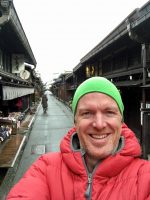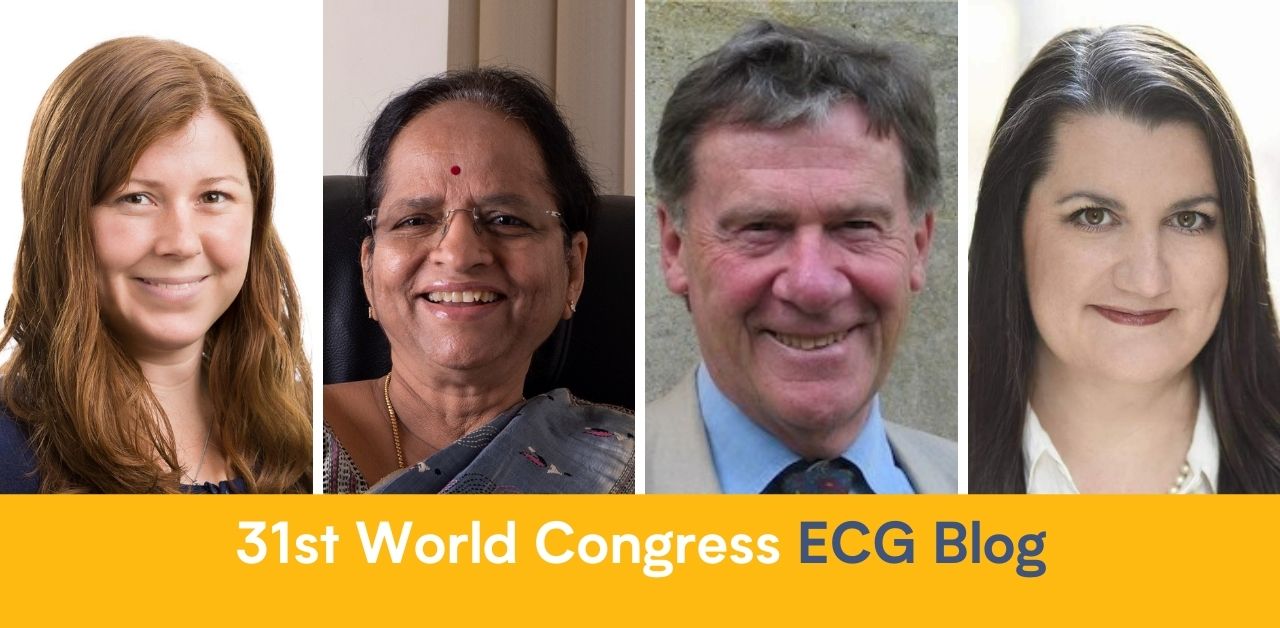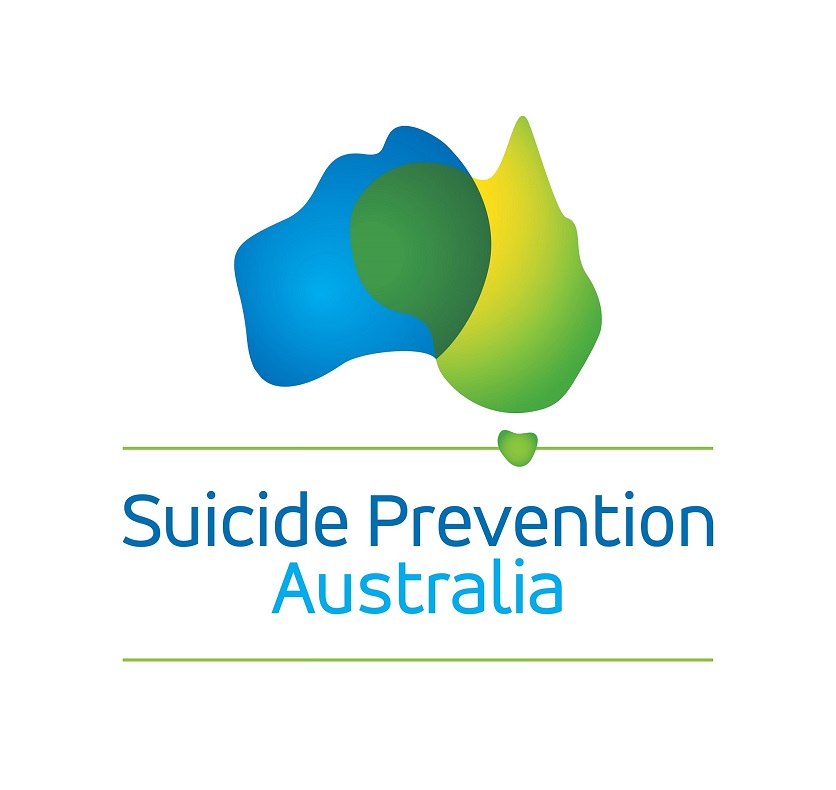I felt very privileged to be asked to write a blog post detailing my journey through Day 3 of the 31st IASP World Congress. Following on from the fantastic blogs of Day 1 by Tessa (@TessaCutler) and Day 2 by Laura (@LHemming123), I wanted to share what I was able to glean from the day, as well as highlight some of the positives I have found from this virtual conference format.
Whilst I am sure we all miss the face to face connection a world congress usually affords us, I am so grateful IASP have still been able to bring us together, and I thank them for their tireless efforts in making this World Congress happen. I also want to thank the Gold Coast Convention and Exhibition Centre for a bursary to attend this year’s World Congress. I have all my fingers and toes crossed that we will finally make it to the Gold Coast in 2022 for the Asia Pacific conference.
I still pinch myself that it was only two years ago at the World Congress, in lovely and welcoming Derry, where I heard so many inspiring presentations, including one in particular, by Annette Erlangssen on Older Adults. As a result of attending the Congress, I decided to pursue a career in suicide prevention research, and boom, here I am presenting at a World Congress and sharing a blog with you. This has only happened with the incredible support of so many of you in the sector. I know many of my fellow ECRs feel the same way, and we thank you for your warm embrace and support on our journeys. We all come to these conferences for various reasons, but I hope each of us, no matter our experiences, manages to find that one “boom” moment for this year.
Now, in anticipation of navigating the 35 different sessions/streams and over 51 hours of content being presented today, I sent a message to Dr Who asking if I could borrow her time machine. She agreed, as long as I returned the Tardis fully charged and with no dents! My backup plan was to borrow Professor McGonagall’s time-turner. Failing that, I had the voluminous tweets at hashtag #IASPGOLDCOAST2021 to guide me, and I also had some ECR colleagues on standby to capture some insights for me. I was ready for an exciting day.
Of course, the first question facing most of us at this conference, with the seemingly endless amount of great content, was, do I stay in one session or hop around. One of the positives of this virtual conference has been the ability to jump around seamlessly without getting lost in the streets of Derry or getting wet from a downpour because I forgot my umbrella. I decided to do some hopping around.
The second question facing most of us is how do I pick what session to go to. Is it based on research directly related to my areas of interest, do I stretch myself and go to something new, or do I go to hear from friends and colleagues? Another advantage of this year’s virtual conference will be that we have video access to every session for 12 months to catch up on what we missed. So, I decided to go where my heart took me, safe in the knowledge that I had plenty of time to catch up on what I had missed.
OK, Tardis is fully charged. Time-turner in my pocket as a backup. Tweetdeck setup. Let's go.
Session 1, Stop 1, was an excellent but sobering presentation from Tessa Cutler (@TessaCutler), highlighting her analysis of the National Coronial Information System on the number of Aboriginal and Torres Strait Islander deaths by suicide. The disparity between non-Aboriginal and Aboriginal peoples was laid bare for all to see.
Stop 2 was a hop across to see Navjot Bhullar (@DrNavjotBuhullar) and Myf Maple (@MyfMaple) share their work on testing the ‘Continuum of Survivorship’ model. Myf shared that “Many people are exposed to suicide and significantly affected by that exposure, and that is above and beyond those that are grieving loss, such as first responders”. I must download this paper for a deeper read (https://www.ncbi.nlm.nih.gov/pmc/articles/PMC8287179/).
I was getting used to flying the Tardis now, so I hopped over to Oral Session 7, as I was looking forward to hearing from Jo Riley (@jo__riley) and Carrie Lumby talk about the Illawarra/Shoalhaven Suicide Prevention Collaborative. So many highlights here, and hopefully, when COVID restrictions lift, I can visit their Safe Space one day. Some key takeaways from Carrie included “Change how and not just what we work on” and this cracker of a quote “there are no shortcuts to building the relationships that are needed”. So true.
Finally, I jumped across to Symposium 23 to catch the end of Dr Marrianne Webb’s (@MarianneW) presentation on developing a framework for involving young people with lived experience in suicide research. I was struck by the need for flexibility in their involvement, a continuum almost, and the need to ensure there is clear agency and clarity around their roles and expectations.
Just like that, it was morning tea time. I plugged the Tardis in for a top-up, turned on the kettle and prepared a second breakfast. While the tea was brewing, I was reflecting on one of the other advantages of this virtual conference: the discussions happening during the presentations. The ability for attendees to engage with each other, connect, highlight key learnings and share insights, has been a real bonus of this new conference paradigm we find ourselves in. As an introvert, I have also found that the ability to ask questions in the Q&A section, without the awkwardness of having to wait for the microphone and stand up etc., has been seamless.
Whilst enjoying my cup of tea, I visited the exhibition stands, looked at videos and downloaded lots of information. It was also a chance to look at the posters. Wow – there are so many awesome posters in there. Another great advantage of the virtual conference is that we can see all of the posters, for the entire duration of the conference, rather than just per day, and easily download a copy for future reference. A quick look at Twitter showed that I had missed some cracking presentations in the other streams, particularly around media campaigns, YOUTHe and the laughter clinic workshop, which looked like a crack up. Lots to catch up on later.
Myself, and the Tardis, were adequately recharged. Time to hop to it. I now faced a choice – keynotes on female suicide or suicide prevention in the workplace. Given my background in workplace suicide prevention, I chose to step out of my comfort zone. I was so glad I did. For me so far, my ‘boom’ moment of this World Congress was Keynote 3 on Preventing Female Suicide and Self Harm. We heard three incredible presentations from three mighty women. Silvia Canetto’s talk challenges the core of some current approaches, providing compelling evidence for a change in approach. Shelby Rowe then shared a powerful and moving presentation and asked can a trauma-informed approach to suicide prevention occur without justice? She vowed that it was time to tell a different story. A story of strength and resilience. “Don’t judge us by how we look. Rather, recognise the storm we have survived and that we are still here standing in front of you!”. Shelby also challenged us to rethink what suicide prevention programs are. Finally, but not least, this extraordinary session was closed out by the amazing Lakshmi Vijayakumar. As always, Lakshmi cut straight through to the heart of the issues with her presentation on suicide in women in low and middle-income countries, highlighting stark differences and challenges. The suicide note she shared from three sisters was heartbreaking but summed up so much of her powerful presentation. If you missed this session, please bookmark it to watch when you can. You won’t be disappointed. A quick skim of Twitter showed I was not alone in my views of this session. When I checked in with my ECR colleague Katie McGill (@katmacca7), she summed the session up as “Challenging us to consider how our understanding of suicide is based on an Anglo-centric perspective influences what we think needs to be done … and how that might be limited.”
As mentioned, I did have some colleagues “assisting” me, as I couldn’t be everywhere, despite having a time machine at my disposal. I hear that Keynote 4 was also fantastic and that they heard from Sally Spencer-Thomas (@sspencerthomas) about the need to work through workplace reluctance and the ‘tick a box’ approaches to suicide prevention to get to the real drivers of action. I will have that one bookmarked for a catchup for sure.
Lunch break, and we Uber Eats’d our conference lunch in, then snuck in a few #IASPRefresh cuddles with our 11-month-old rescue kitten ‘Nigel’. The Tardis was recharged, and I also checked for dents.
I now faced an even deeper dilemma. In the session after lunch, I desperately wanted to see the first speaker in five out of the ten concurrent sessions (anyone else face this problem?) - how was this even possible, even with the Tardis and a time-turner. You got this, Andrew – let's go.
I hopped over to Oral Session 9 to hear from Annette Erlangsen about her recent analysis of Livslinien (Lifeline in Denmark). Some intriguing numbers and observations, especially around the “super caller” and that 1 in 455 people in Denmark call Livslinien per year. A vital service indeed. This segued very nicely into Alan Woodward’s (@alan_woodward1) presentation on his qualitative research exploring why people called Lifeline in Australia, what they were looking for, and the impact. Hearing these voices and the messages they shared is so vital. Can’t wait to see the rest of Alan’s fantastic PhD research after seeing this little snippet.
I then fired up the Tardis and may have dinged her a little, jumping over to Symposium 26 for a trip down memory lane. I wanted to catch up on some of the research MATES had been undertaking. I listened, with my jaw dropped open, to Victoria Ross’s research on apprentice bullying in the construction sector. This was followed by Tania King’s research on the MATESApp, the challenges COVID-19 has had on undertaking this research, and the effectiveness of the App. I had missed seeing Simon Tyler’s opening presentation in this session, so I bookmarked that for a watch later.
I couldn’t help but take a moment to reflect on the lasting legacy of the amazing Dr Allison Milner. Her impact was still rippling through this conference two years after her passing. She was a significant influence on me, and I am doing my PhD partly due to her encouragement. I know I am not alone in wanting to ensure her legacy continues for many, many years to come.
More cat snuggles at afternoon tea and a quick walk around our little garden were my #IASPRefresh. The Tardis and I were starting to run out of energy, but we had so much more to see.
I always love hearing from those with experience and passion. It was a real treat to see the incredible Jane Pirkis interview with the highly esteemed Keith Hawton. Jane has been everywhere this conference, leading me to suspect she has her very own time machine hidden away! But somehow, she found time to conduct this fascinating interview with Keith. Keith generously shared his insights from his incredible career in suicide prevention. How he serendipitously fell into the sector, who influenced him, what he is most proud of, to sharing his exploits and a “hole in one” on the world’s golf courses. I particularly noted his advice for Early Career Researchers. Firstly, go and talk to people and experts. He has found most people in this sector incredibly generous and excellent listeners. He encouraged ECRs to not be afraid to write to their peers and seek advice. He encouraged ECRs to get involved in collaboration but also remember to be generous to others. He reminded ECRs that it is a demanding field and that everyone needs escape activities where you can forget about work for a while. Finally, he implored us not to dismiss the early research in the sector just because it is “old”. He reminded us that there is some real gold in those seminal papers, and understanding what our current knowledge is based on, is incredibly important.
Following this memorable interview, and rather than popping back into another concurrent session, my body was screaming for my favourite thing, a poppy nap. So, Nigel and I snuck off for a 30-minute nap #IASPRefresh #bliss.
Feeling refreshed, I then joined the IASP General Assembly to hear from Rory O’Connor (@suicideresearch), IASP President, and his fellow Board Members, about the incredible work IASP has been undertaking and their plans for the future, including future conferences and congresses. Can’t wait to finally make it to Slovenia in 2023. IASP is in great hands, but he reminded us that we all have a part to play. Seeing Rory also reminded me that I needed to up my “shirt” game.
I must admit that this is where the Tardis and I were fully drained. So, I bookmarked the later sessions, especially the one on loneliness, for watching again later. I checked in on Twitter to see everything that I couldn’t make it to, and wow, there seemed to be so many incredible sessions today. I also checked in with some ECR colleagues on their experiences today. A highlight for Jackson was the talks from Prof Murad Khan in Pakistan and Dr Nurashikin Ibrahim in Malaysia as parts of Symposium 31 “really interesting hearing about the huge impact of potential prosecution of people who attempt suicide and getting any sort of data and implementing interventions was really eye opening”. For my colleague Chris, “It has been a very dense and incredibly useful conference. As ever the personal anecdotes and experience are immensely moving and grounding”.
Typically, we would have been getting ready for a conference dinner, full of great food, dancing, and connecting with colleagues on this night of the conference. Given two people and a cat in this household were attending the world congress, we held our own conference dinner, popped on some dancing tunes, and dreaming of a time when we can all get together again face to face.
After a few red wines, I couldn’t help but sit back and reflect on what messages had been filtering through to me over the past few days, starting with the Roses in the Ocean Lived Experience Summit on Sunday and Monday, followed by the first three days of the World Congress. I guess I have been struck by the emerging voices that need to be heard. The voices of lived experience, of LGBTQIA+, and of first nations. Of the need to reconsider the “usual” approaches, and the need to think outside the box.
I have come to research and suicide prevention later in my life, but what has been shared with me over the past five days fills me with hope and excitement for the future. I hope all of you are enjoying the World Congress as much as I am.

Andrew P. J. McMahon
PhD Student
University of Newcastle / Everymind
Email: Andrew.McMahon10@uon.edu.au
Phone: +61 (0) 406 137 807
Twitter: @andrewpjmcmahon
https://orcid.org/0000-0001-8685-8646





